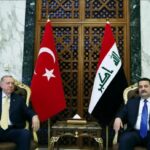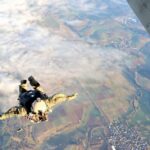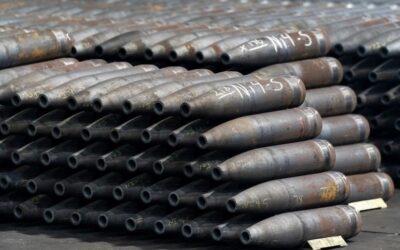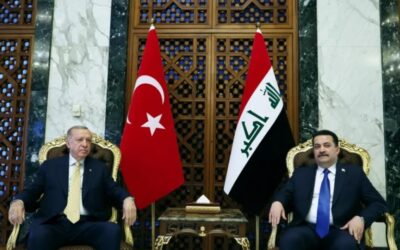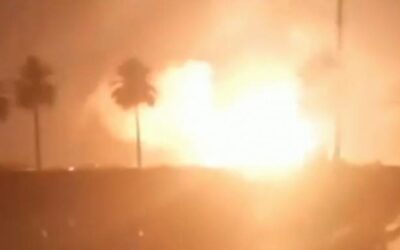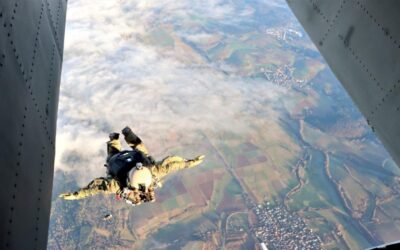In 2023, global military spending set a new record for the ninth consecutive year, according to research by SIPRI, the Stockholm-based…
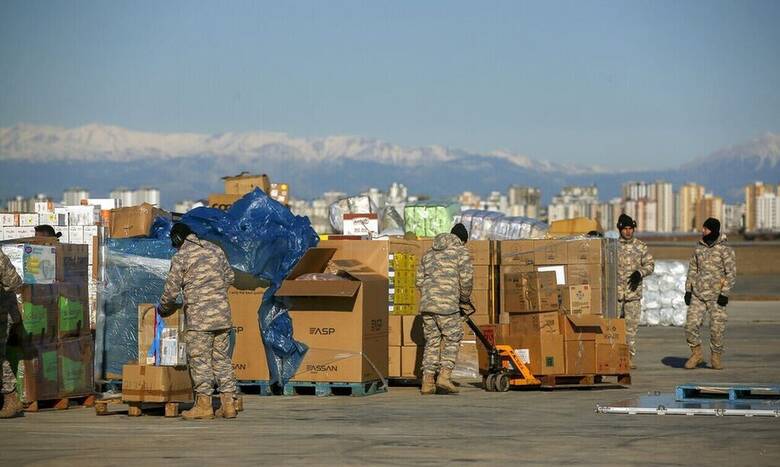
Syria’s government has extended for three months the permission it has given to distribute humanitarian aid to rebel-held areas after the February 6 earthquake. The aid is sent by Turkey through two border crossings, the United Nations announced yesterday Saturday.
Following an urgent request as the permit expired yesterday, Damascus gave the UN permission to continue using the Bab al-Salamah and al-Rai border crossings for an additional three months, Eri Kaneko, a spokeswoman for the Office for the Coordination of Humanitarian Affairs (OCHA), told AFP.
This decision is based on Syria’s desire to increase stability and improve the living standards and humanitarian situation of all Syrians. It was made as part of its efforts to facilitate the delivery of humanitarian aid to all those who need it across Syria, she added.
In 2014, a UN Security Council resolution approved a mechanism to use four border crossings on the Turkey-Syria border to distribute humanitarian aid to rebel-held areas in northern and northwestern Syria, home to more than 4 million people.
But under pressure from Moscow, only the Bab al-Hawa crossing remained operational after 2020.
Following the February 6 earthquake that caused massive destruction in southern Turkey and northern Syria, NGOs and Syrian opposition parties criticized the slowness of aid deliveries from the UN in these areas, where the population was already experiencing difficult conditions before the tragedy.
A week later, Damascus agreed to let the UN use two more border crossings on the border with Turkey to deliver tents, blankets, and cholera kits.
According to the UN, Syria will need at least $15 billion to recover from the earthquake, which has killed around 6,000 people in its territory, not counting the roughly 50,000 dead in Turkey.
Syria has been ravaged since the war that broke out in 2011, with at least half a million dead, millions of internally displaced people and refugees, and massive destruction of infrastructure. Some sectors of the country are currently outside the control of the government, CNN Greece says.
Also read: Turkey | Photos of “neutralization” scene of Islamic State leader
READ MORE
Iraq – Turkey | Sign more than 20 agreements
Turkish President, Recep Tayyip Erdogan, met with his Iraqi counterpart, Abdul Latif Rashid, in Baghdad on the occasion of his official…
Iraq | Εxplosion at military base south of Baghdad
A major explosion at a command post of the Iraqi Army took place today Saturday about 50 kilometers south of Baghdad…
SIPRI | New record in global military spending
In 2023, global military spending set a new record for the ninth consecutive year, according to research by SIPRI, the Stockholm-based…
Iraq – Turkey | Sign more than 20 agreements
Turkish President, Recep Tayyip Erdogan, met with his Iraqi counterpart, Abdul Latif Rashid, in Baghdad on the occasion of his official…
Lambda (λ) Automata | Autonomous surveillance solutions at “Investing in Deep Tech: Dual-Use Technologies” conference
The recent presentation of the start-up company Lambda Automata at the “Investing in Deep Tech: Dual-Use Technologies” conference…
VELOS ROTORS | Velos V3 UAS introduced as ideal example of dual-use systems
The “Investing in Deep Tech: Dual-Use Technologies” conference held at the Hellenic Armed Forces Officers’ Club in…
OCCAR | Additional Night Vision Goggles
The Director of the Organisation for Joint Armament Cooperation (OCCAR), Mr. Joachim Sucker, has signed a third amendment to…
Iraq | Εxplosion at military base south of Baghdad
A major explosion at a command post of the Iraqi Army took place today Saturday about 50 kilometers south of Baghdad…









